Key Takeaways
- Assassin’s Creed 2 kicked off the Ezio trilogy, which has the best character writing of the series to date.
- It was also one of the early games that actually adhered to the assassin fantasy by leaning into parkour and stealth.
- The game’s strong narrative, lovingly recreated Italian setting, and attention to detail still resonate with players.
Assassin’s Creed is a fairly contentious series nowadays, considering the way it propelled Ubisoft to revolutionise open world design (for the worse, if you ask me) and the fact that its modern games are largely very mid. Like many fans, I believe the series lost its soul a long time ago, and what it’s churning out year after year now are generic open world adventures with a thin Assassin’s Creed veneer.
But what exactly was that soul? You don’t have to look any further than Assassin’s Creed 2 to find it.
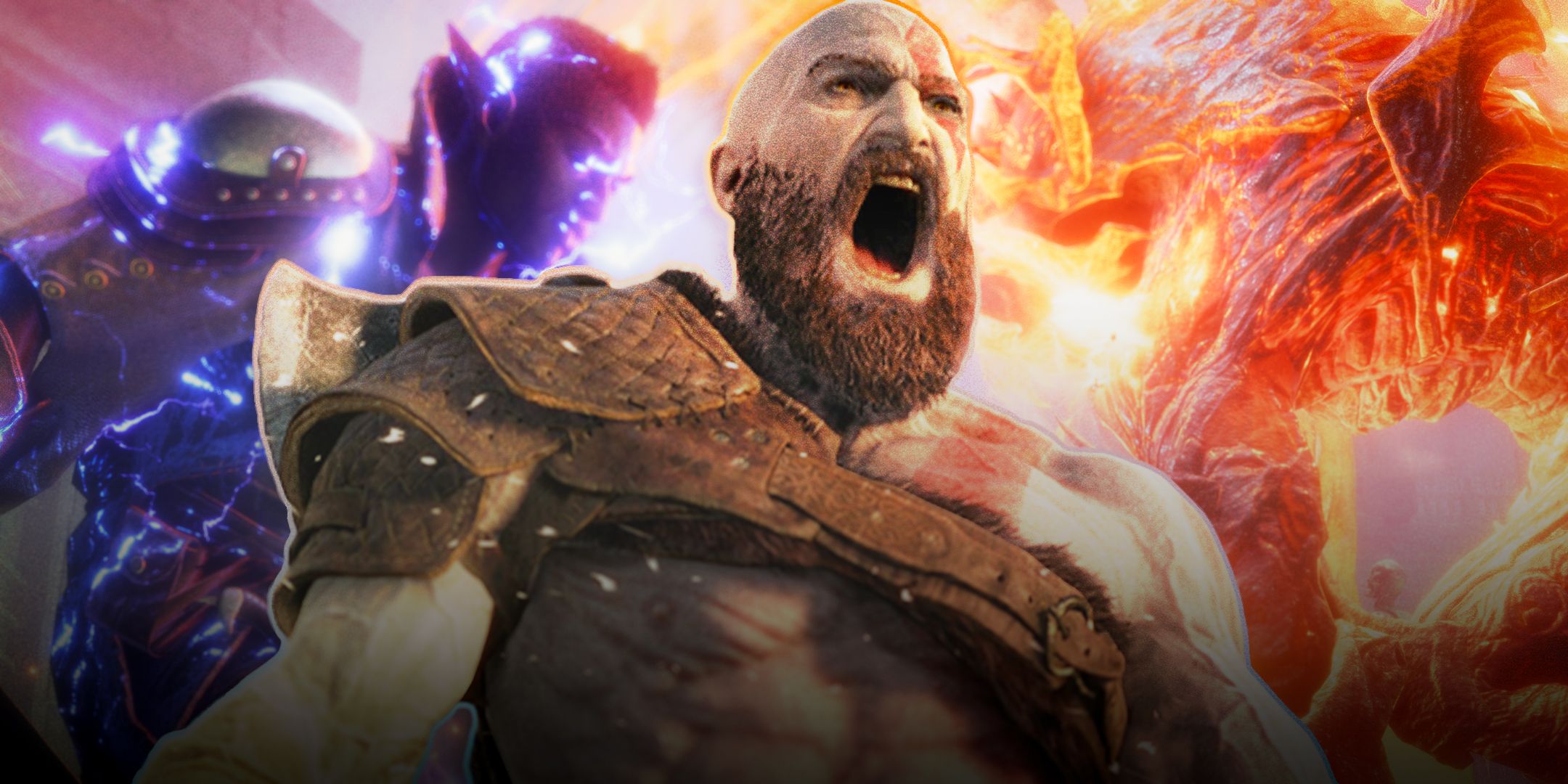
Related
Dragon Age: The Veilguard Is More God Of War Than Baldur’s Gate 3
BioWare’s latest epic isn’t the sprawling RPG I expected it to be.
The Ezio Trilogy Is Assassin’s Creed’s Writing At Its Peak
Nobody plays Assassin’s Creed for the story anymore, but they used to. Assassin’s Creed 2 kicked off the Ezio trilogy, which is inarguably where you’ll find the best writing the series has ever produced, and the only game that has ever managed to capture my attention with its narrative.
Ezio Auditore is my favourite game protagonist in all of AC, and possibly ever. Some of that admiration can be attributed to the fact that we spend far more time with Ezio than with any other character, but that doesn’t really refute my point – Ezio is the best because we get to follow his life’s journey and watch him change over time. He got three games telling his story and establishing his legacy, and the series felt emptier afterwards because that attention to character writing disappeared almost entirely.
He’s also the only protagonist with a strong personality. From the moment we see him as a wise-cracking, rebellious, and hormonal teenager running around Renaissance Florence, his character shines. In contrast to Altair, the first game’s hero, Ezio is like a ray of sunshine. He gets into fights. He sleeps around. He hangs out with his family, all of whom are equally endearing. Nothing is serious.
And then (spoilers for a 15 year old game) everything goes wrong. His family is framed for treason and executed, and a deeply traumatised Ezio goes on a journey of revenge that leads him right to the Assassins. It’s a compelling origin story that shows us how one incredibly charismatic man ends up sucked into a world he didn’t even know existed, and through him, we learn more about the series’ lore than in any other game.
More than that, Assassin’s Creed 2 still had a mystery at its centre. Through Ezio, Desmond Miles was working through layers of conspiracies, trying to work out the truth of what was happening in the world around him. This mystery grounded the game in reality and kept players invested in what was happening – once all the cards were put on the table and Desmond died in Assassin’s Creed 3, there wasn’t any reason to engage heavily with the lore or care about the Assassins or Templars anymore.
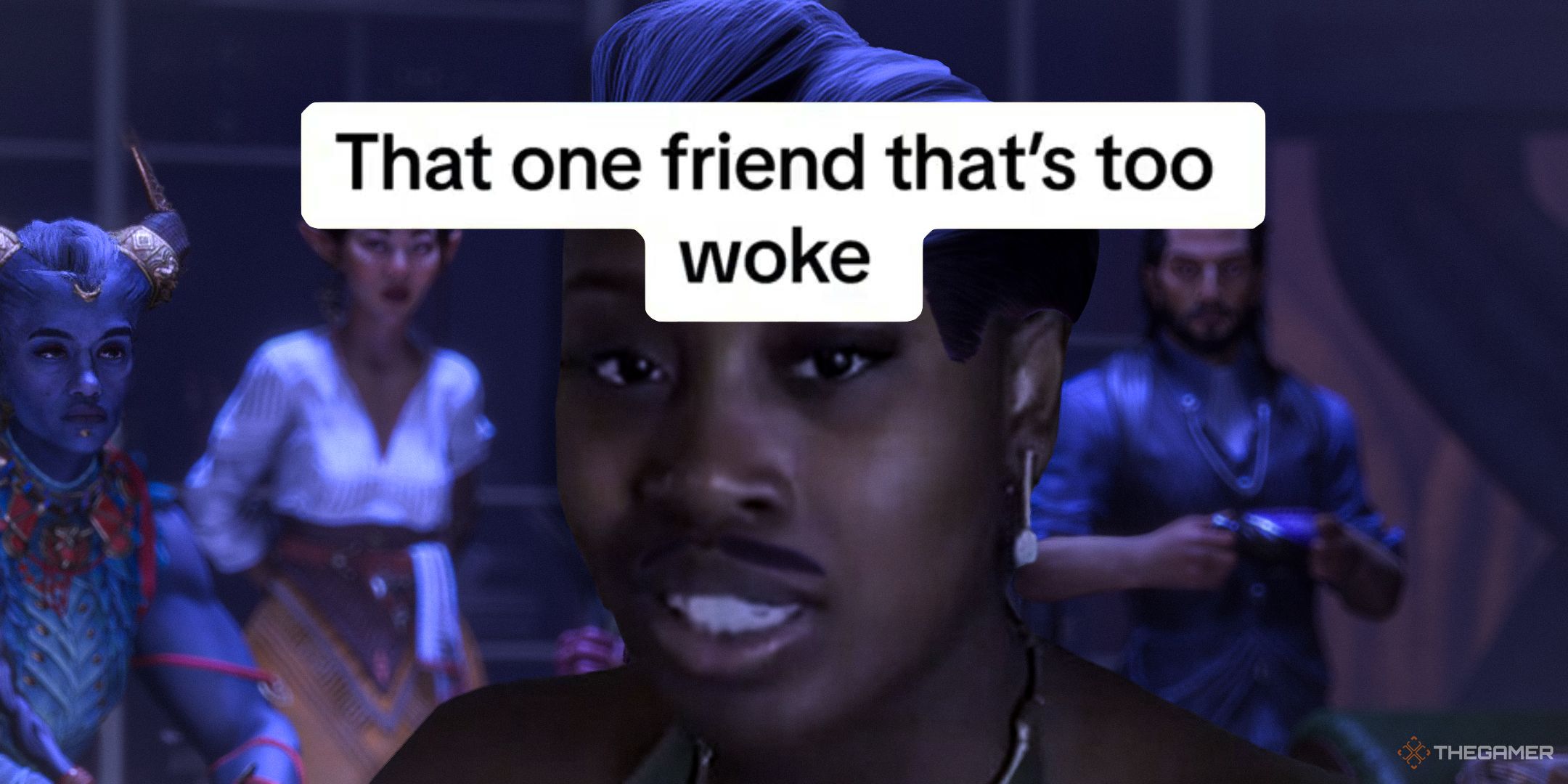
Related
Dragon Age: The Veilguard Is That Friend That’s Too Woke
Without grey areas to make characters and factions more complex, Dragon Age loses all its flavour.
Run And Hide
But that soul was in its gameplay, too. Assassin’s Creed 2 refined what the first game attempted and conveyed what it really felt like to be an assassin instead of just a guy with a sword, rushing camps and massacring bandits. The parkour was amazing, and the series was still firmly in the stealth action genre, which meant actually having to act like you were working in secret. Blending into crowds to avoid being caught fed into the assassin fantasy, and when Assassin’s Creed later moved away from stealth being the primary mechanic, it lost a lot of that initial spirit.
The setting, as well, made the trilogy iconic. The Renaissance period is one of the most fascinating in human history, and while the modern games still faithfully recreate historical settings, Italy is one of those countries where historical architecture is well preserved, making its cities feel half-stuck in the past. Like countless fans, when I visited Florence for the first time, I said out loud, “God, this is just like Assassin’s Creed.” The game depicted Renaissance Italy in all its splendour, paying such attention to detail that seeing its landmarks in person felt almost like deja vu.
Also, you can beat up the Pope.
The first Assassin’s Creed was an innovative proof of concept, but it was Assassin’s Creed 2 and Ezio Auditore that made it worth paying attention to. It wasn’t a perfect game by any means, but it’s still the start of the best story that the series has ever been able to tell. I just wish that every game after Revelations had paid as much attention to their protagonists.
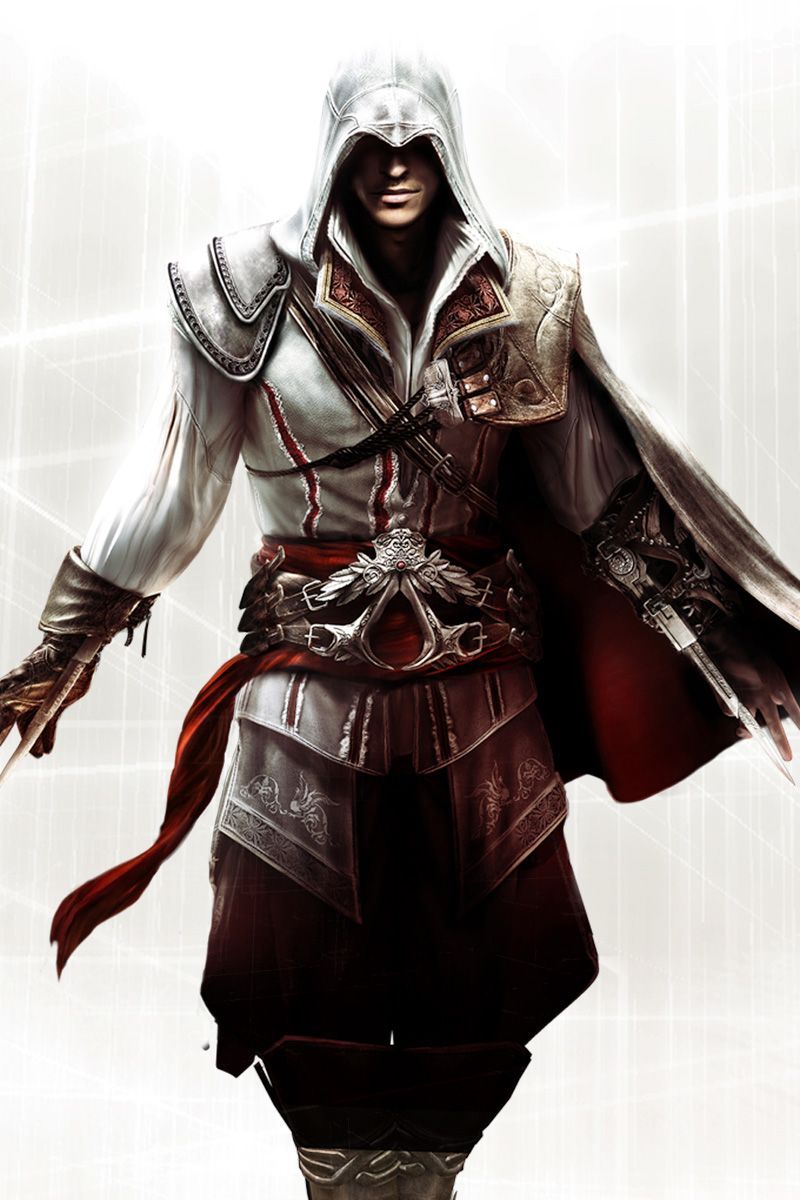
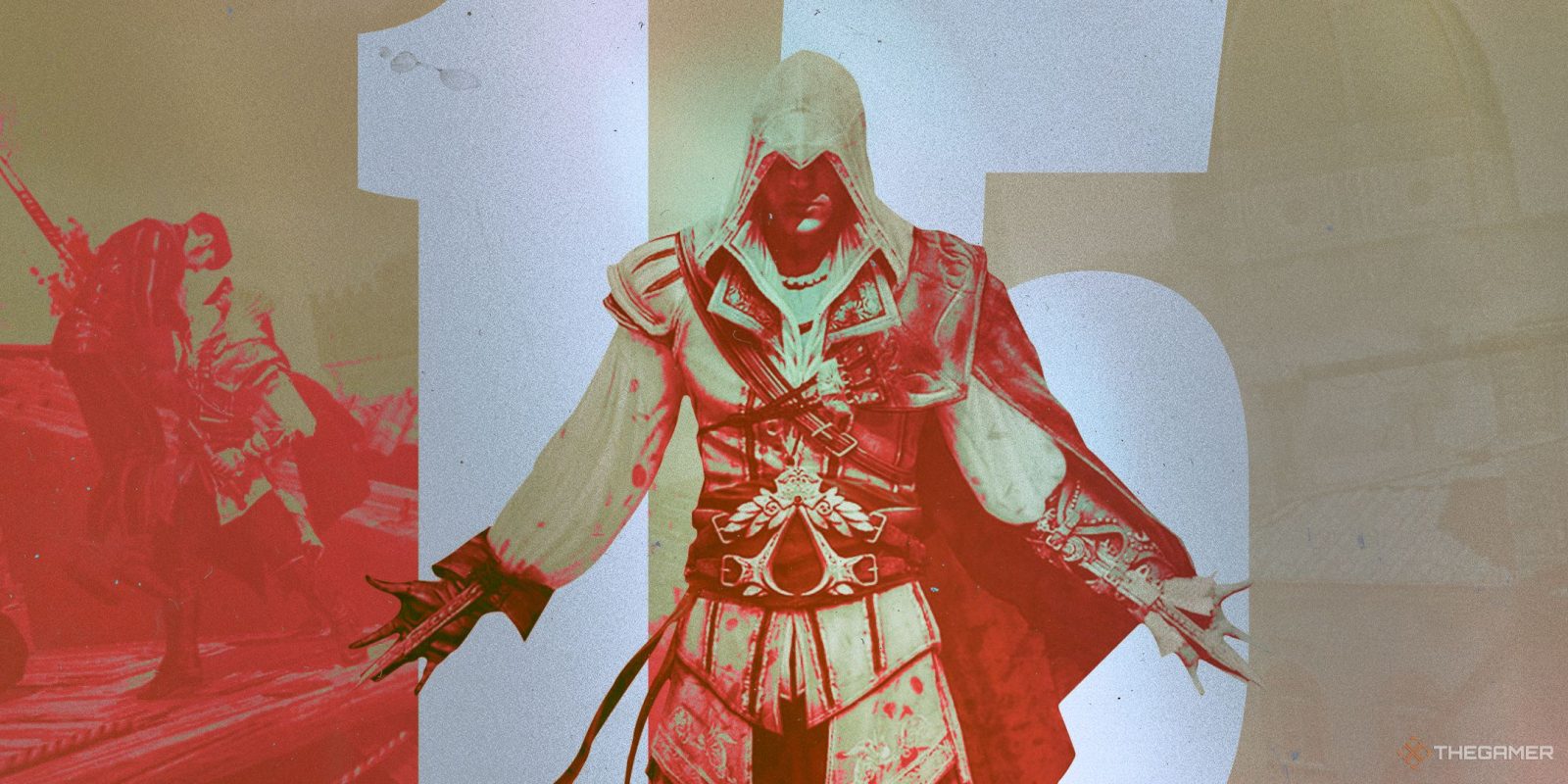



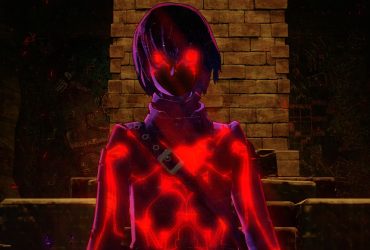

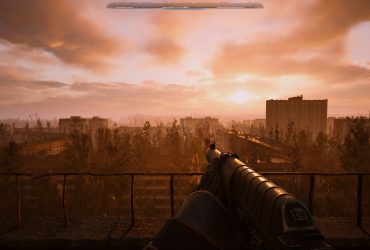


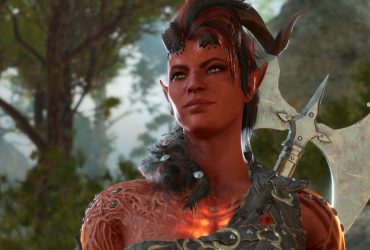
Leave a Reply